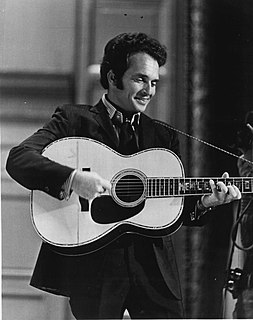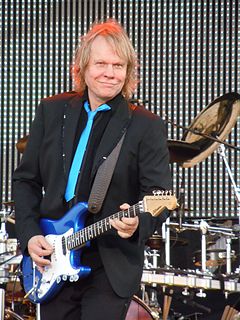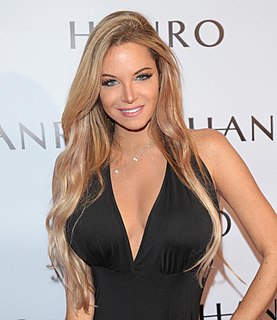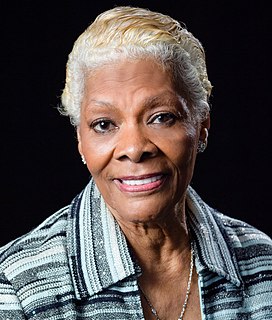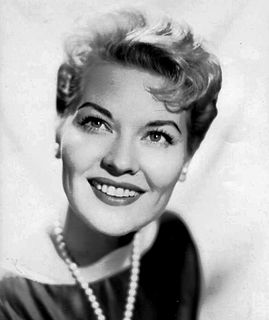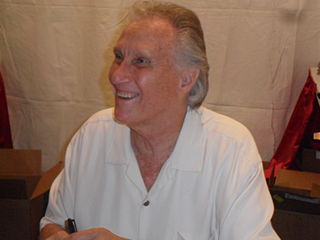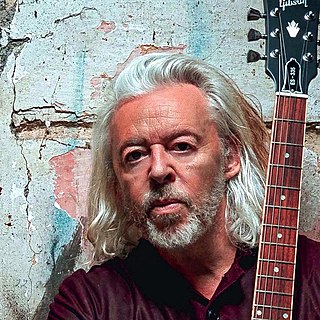A Quote by Merle Haggard
There are so many conditions to programming in America, where it's dominated by these people that own 800 radio stations that have no idea who to play and who not to play, and they listen to somebody or read somebody else's programming sheet and go by Buck Owens' opinion or something. Eight hundred stations are controlled by some guy that doesn't have a clue as to what to do about music.
Related Quotes
All the things I used to count on to get my music out there - record companies, they're all gone. And radio stations, they're gone - they're completely controlled by the government. If they're not controlled by the government, they're controlled by a programmer who's controlled by the government. Mainstream radio is suspect. You can't trust it.
